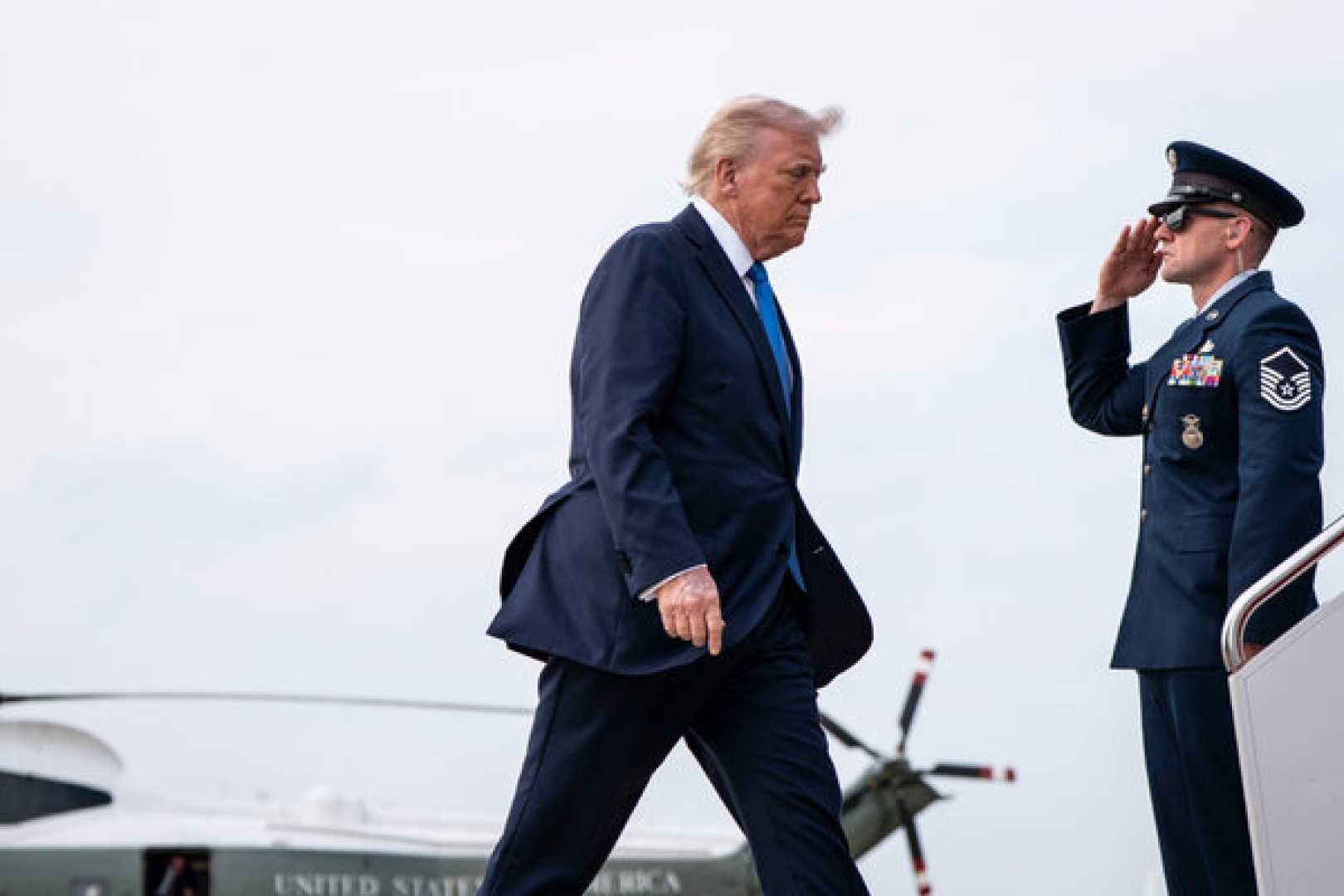Politics
Trump Proposes $163 Billion Budget Cut Prioritizing Defense and Security Spending

Washington, D.C. — Former President Donald Trump unveiled his “skinny budget” proposal for the fiscal year 2026 on Friday, which includes a drastic $163 billion cut to federal spending. This move is aimed at eliminating more than a fifth of non-military spending, excluding mandatory programs.
The budget increases defense spending by 13% and homeland security spending by nearly 65% compared to 2025 levels, according to the Office of Management and Budget (OMB). Non-defense spending is set to decrease by approximately 23%, the lowest level since 2017. OMB Director Russ Vought emphasized the need for a historic budget that prioritizes military and homeland security over other programs.
The “skinny budget” serves as an outline of budgetary requests from the president, which Congress considers when drafting legislation. While it does not obligate Congress to adhere to these recommendations, it provides a strategic roadmap for upcoming appropriations discussions. This year, Congress’s attitude towards Trump’s proposals may be particularly significant, as it appears more receptive to his budget request.
The budget proposal comes amid Republican efforts to reconcile internal conflicts over federal spending cuts needed to support a significant tax cut plan. As highlighted by Politico, the outcome of this budget discussion will likely hinge on debates concerning Medicaid cuts.
In addition to these budget concerns, Senate Democrats have called for an investigation into whether Trump pressured the Internal Revenue Service (IRS) to revoke Harvard University’s nonprofit status due to its stance on free speech rights.
Senate Minority Leader Chuck Schumer criticized Trump’s budget as a betrayal of working-class Americans, stating it financially undermines education and healthcare while benefitting billionaires and large corporations. Meanwhile, Canada’s newly elected Prime Minister Mark Carney is set to meet with Trump to address trade relations following Trump’s controversial tariff policies.
Trump’s proposal reportedly also anticipates an influence on the operations of the Food and Drug Administration (FDA), necessitating the reinstatement of recently terminated staff responsible for processing requests for documents under the Freedom of Information Act.
This budgetary announcement is taking place against a backdrop of heightened scrutiny of Trump’s policies, particularly regarding his approach to immigration, healthcare, and fiscal responsibility in relation to federal welfare programs.












